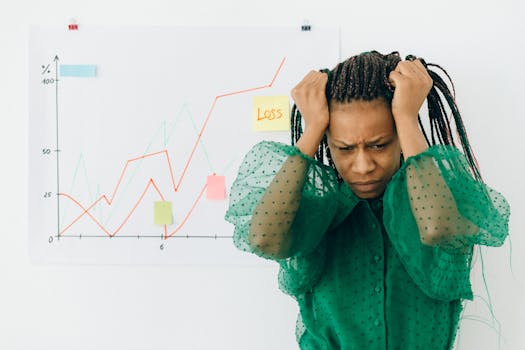Companies with the best and the worst technicals.
Lists of companies in NSE500 with the best and the worst technicals...
Lists of companies in NSE500 with the best and the worst technicals...
Lists of companies in NSE500 with the best and the worst fundamentals...
List of the latest important filings for NSE500....

This article delves into the significant outcomes of the recent GST Council...

This article delves into how digital technologies are transforming financial services in...

This article explores the growing interest in Buy Now, Pay Later (BNPL)...

As urbanization continues to reshape India’s landscape, the demand for quick and efficient delivery services has reached unprecedented levels. Services like Dunzo and Zepto are at the forefront of this revolution, expanding operations in both urban and semi-urban regions, thereby catering to a diverse set of consumer needs.
According to a report by Statista, the e-commerce market in India is expected to reach a staggering $111.40 billion by 2024, driven largely by mobile commerce and the increasing reliance on delivery services. The COVID-19 pandemic has further accelerated this shift in consumer behavior, making online shopping and on-demand delivery services essential components of daily life.
In urban centers, where busy lifestyles have become the norm, the need for rapid delivery of groceries, food, and essentials cannot be overstated. Dunzo, a pioneer in this sector, logged over 2 million orders per month in 2022, reflecting a significant growth trajectory since its inception in 2015.
Dunzo has carved a niche for itself as a one-stop solution for various delivery requirements, including but not limited to restaurant meals, groceries, and pet supplies. With operations in cities like Bengaluru, Mumbai, and Delhi NCR, Dunzo has also expanded to semi-urban areas such as Mysuru and Mangaluru, tapping into a previously underserved market. The company reported a 10-fold increase in order volume from 2020 to 2023, thanks to its efficient logistics network and strategic partnerships.
In a recent funding round, Dunzo raised $240 million in 2021, valuing the company at $775 million. This capital infusion has been pivotal in enhancing its technology stack and expanding the range of services offered.
On the other hand, Zepto emerged on the scene with its unique 10-minute grocery delivery model, which has caught the attention of consumers craving speed and efficiency. Founded in 2021 by Aadit Palicha and Kaivalya Vohra, Zepto raised $100 million in a Series C funding round and is now valued at around $1.5 billion. The company's rapid ascent reflects a well-timed response to the increasing demand for quick delivery services, especially in densely populated areas.
Zepto operates extensively in metropolitan areas like Mumbai and Bangalore, while also eyeing semi-urban markets. The company aims to bridge the accessibility divide, showcasing its commitment to making grocery shopping easier and more efficient.
The rise of these platforms does not just benefit consumers; it also significantly impacts local businesses and job creation. Many local grocery stores have adopted delivery practices by partnering with companies like Dunzo and Zepto. In essence, these delivery services help bolster local economies by increasing sales for small businesses that might struggle to compete with larger retailers.
Furthermore, according to a Mordor Intelligence report, the Indian logistics sector is forecasted to grow to $215 billion by 2026, creating numerous employment opportunities. Dunzo and Zepto have both been integral in this job creation narrative, collectively employing thousands of delivery personnel across urban and semi-urban regions.
Despite their success, quick delivery services face challenges such as operational costs, consumer expectations, and regulatory hurdles. With rising fuel prices and wage inflation, maintaining profitability is increasingly complex. Moreover, the challenge of sustaining quality service while scaling operations is paramount.
Additionally, regulatory frameworks in various territories can complicate logistics and delivery operations, necessitating that companies remain adaptable and proactive in addressing these issues.
Looking forward, the quick delivery market in India is poised for further expansion. Factors such as increased smartphone penetration, improved internet access, and a growing middle-class population indicate that services like Dunzo and Zepto will continue to thrive.
As both companies scale their operations, they will likely focus on technology improvements, including AI and machine learning, to refine logistics and enhance customer satisfaction. Consumers can expect more innovative solutions tailored to their evolving needs.

This article examines the recent slowdown in GDP growth to 5.4 percent,...

This article delves into the increasing interest in personal loans, comparing offerings...